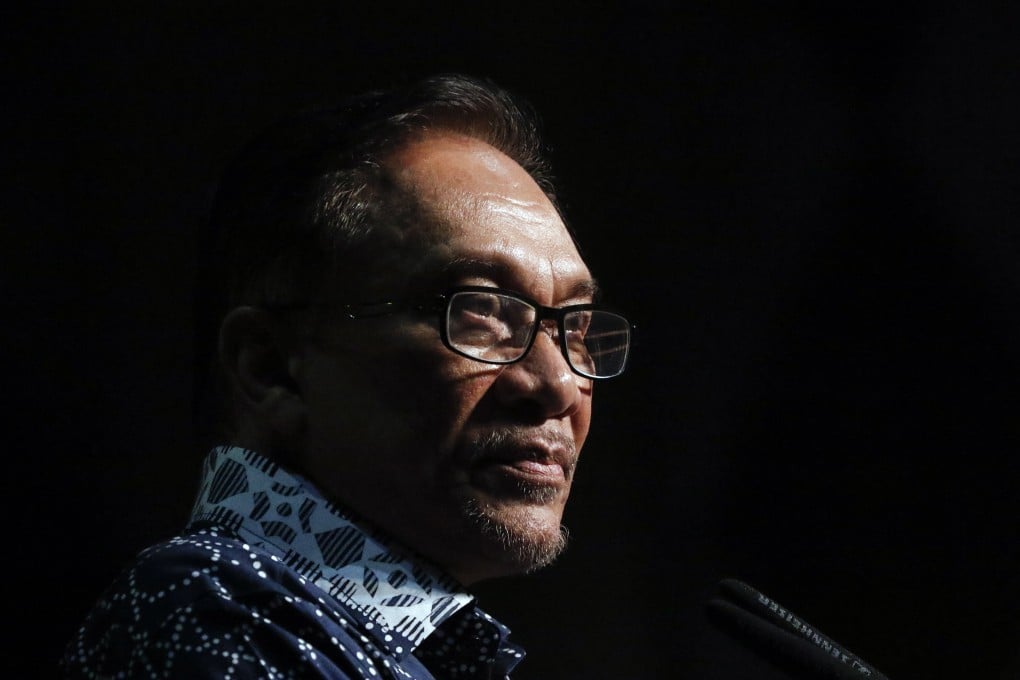Explainer | The nearly man: will Anwar Ibrahim ever lead Malaysia?
- Amid the country’s ugly political tussle, Anwar’s future is in special focus after what observers say are blunders brought on by his own hubris
- His backing of PM Muhyiddin’s budget drew calls for the opposition leader to step aside – but swift reversals of fortune cannot be discounted in Malaysia’s Game of Thrones

Like the rest of the region, the country’s economy is poised for a full-year economic contraction unseen since the Asian Financial Crisis, with thousands of companies shut down and 90,000 jobs lost since January.
To compound matters, citizens have been subject since the start of the year to an ugly political tussle that at times appeared to blight the official response to the unprecedented health and economic crisis. And as the year winds down, it is that relentless political turmoil, rather than the pandemic or what lies ahead for the ravaged economy, that seems to be dominating chatter.
Described for years as Malaysia’s eternal prime-minister-in-waiting, much to the 73-year-old’s irritation, questions are rising over whether it is now time for him to step aside and let new blood take over the reins of the progressive Pakatan Harapan [Pact of Hope] alliance he forged over two decades.